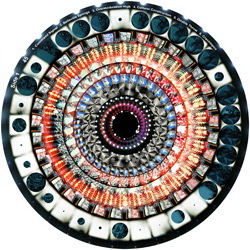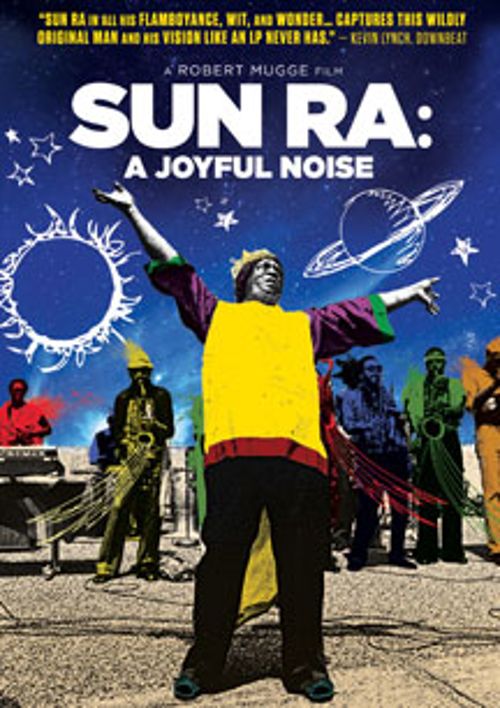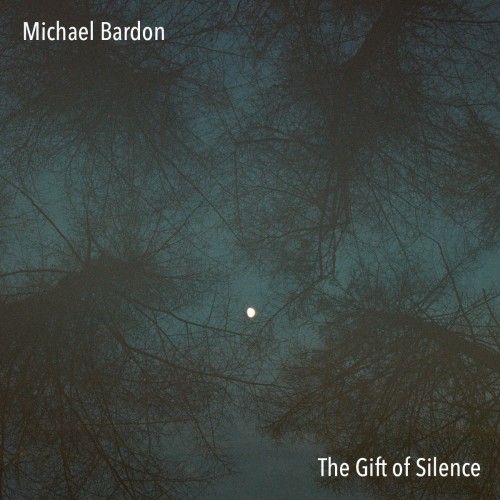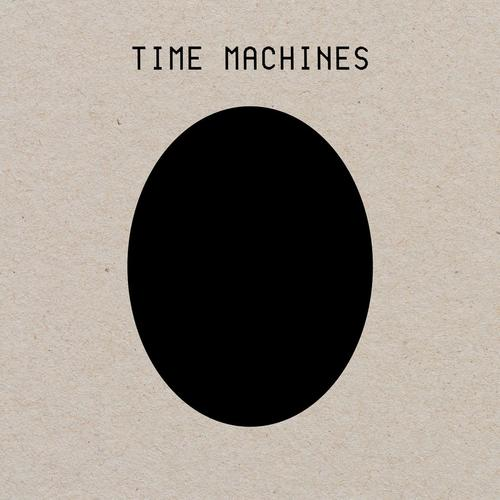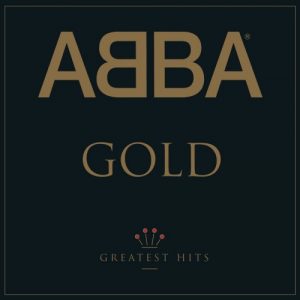 Greatest hits albums don’t count. Everyone knows that. If someone tells you their favourite album is anyone’s Greatest hits, they’re not a serious person. They’re a “whatever’s on the radio” person. They’re a “this is good at dinner parties” person. EVERYONE knows that.
Greatest hits albums don’t count. Everyone knows that. If someone tells you their favourite album is anyone’s Greatest hits, they’re not a serious person. They’re a “whatever’s on the radio” person. They’re a “this is good at dinner parties” person. EVERYONE knows that.
This is, in part, because of ABBA’s almost-unique place in British culture. As an import from the then-exotic Sweden, this rainy island took them to its heart, and they became gay icons, the soundtrack to people photocopying their arses at regrettable office parties, the inspiration for naming Alan Partridge’s children AND chat show, the ageing poster-children for the entire Eurovision Song Contest, and now, in The Space-Year Of Our Lord Two Thousand And Twenty-Two, ACTUAL HOLOGRAMS and the latest of London’s tourist attractions (unless you count queuing to see the dead queen — not them — in a box).
Thing is, all these things are actually quite irrelevant — as a band, their identity has been subsumed by their role as Cultural Phenomenon, in a way that it hasn’t with, say, The Beatles. Perhaps closer to Elvis, all the things SURROUNDING ABBA have taken over from what ABBA actually were — and, with last year’s release of Voyage, are again — top-class artists.
Which is unfair, because these are some of the most finely-crafted pop songs this side of Motown. And that’s because ABBA, like all good pop music, recognised the need for great pop music to have a core of sadness. Heartbreak is an essential component.
Even the upbeat “Super Trouper” gave us the opener “I was sick and tired of everything when I called you last night from Glasgow”, possibly the bleakest first line of a number one single until the Manic Street Preachers topped it with “The future teaches you to be alone, the present to be afraid and cold”. There’s a direct line from ’60s girl bands and Motown to the bleakness of the ’80s New Romantic and the gloomy pop of Lana Del Rey, and ABBA are one of the main points of interest along it.
Also on the subject of their lyrical content, “Does Your Mother Know?” is perhaps unique for the ’70s and certainly refreshing, in that its narrator is flat-out refusing to sleep with someone because she’s too young. Being sung by one of Europe’s biggest stars at the time makes it all the more noteworthy, given all that we now know and how we’ve moved on in terms of what’s considered acceptable and what’s considered, to be honest, somewhat repulsive.
And, of course, there’s “Fernando” — originally a straight-up heartbreak consolation ballad, but turned into a mournful reminiscence of the Mexican Civil War because Björn Ulvaeus thought that was all a bit trite. The only mis-step here, really, is that if it was played big band style, you could slow it all down and strip it back on “if I had to do the”, add a “motherfuckin’” then bring everyone back in for “same again” and it would be EPIC. But hey, nobody’s perfect, not even ABBA.
When I was a teenager, I met a bloke down the pub whose main source of income was breaking into cars, and he was bemoaning the fact that every car he broke into had Michael Jackson’s Bad, and the local second-hand shops were getting suspicious at the amount of copies he was trying to sell them. ABBA Gold has a similar omnipresence, though this new package is rather tasty — heavyweight vinyl with a gold option, or ’80s-baiting cassette — and yours may be a little battered by now. Perhaps from being flung across a room along with everyone’s drugs.
Bang it on, clear your mind of everything you associate with it, and revel in the majesty of some of the finest pop songs ever put to tape.-Justin Farrington-
